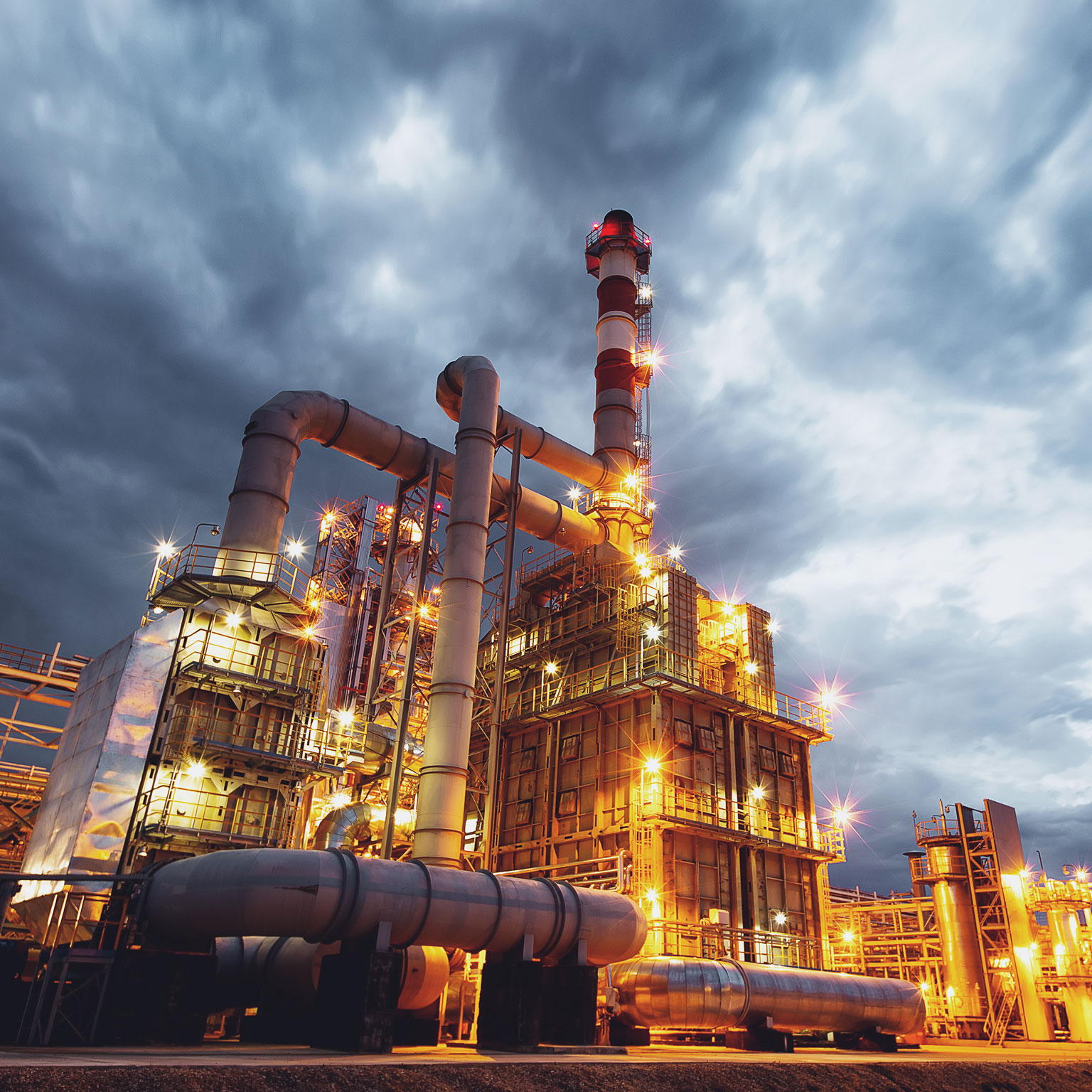
Multi Fired Heater Units
Fired heaters, also known as furnaces or process heaters, are indispensable assets in refineries. These units are responsible for providing the high temperatures necessary for processes such as distillation, cracking, reforming, and hydrotreating. By harnessing the combustion of fuels such as natural gas, refinery gas, or liquid fuels, fired heaters generate heat that facilitates the transformation of crude oil into various refined products.
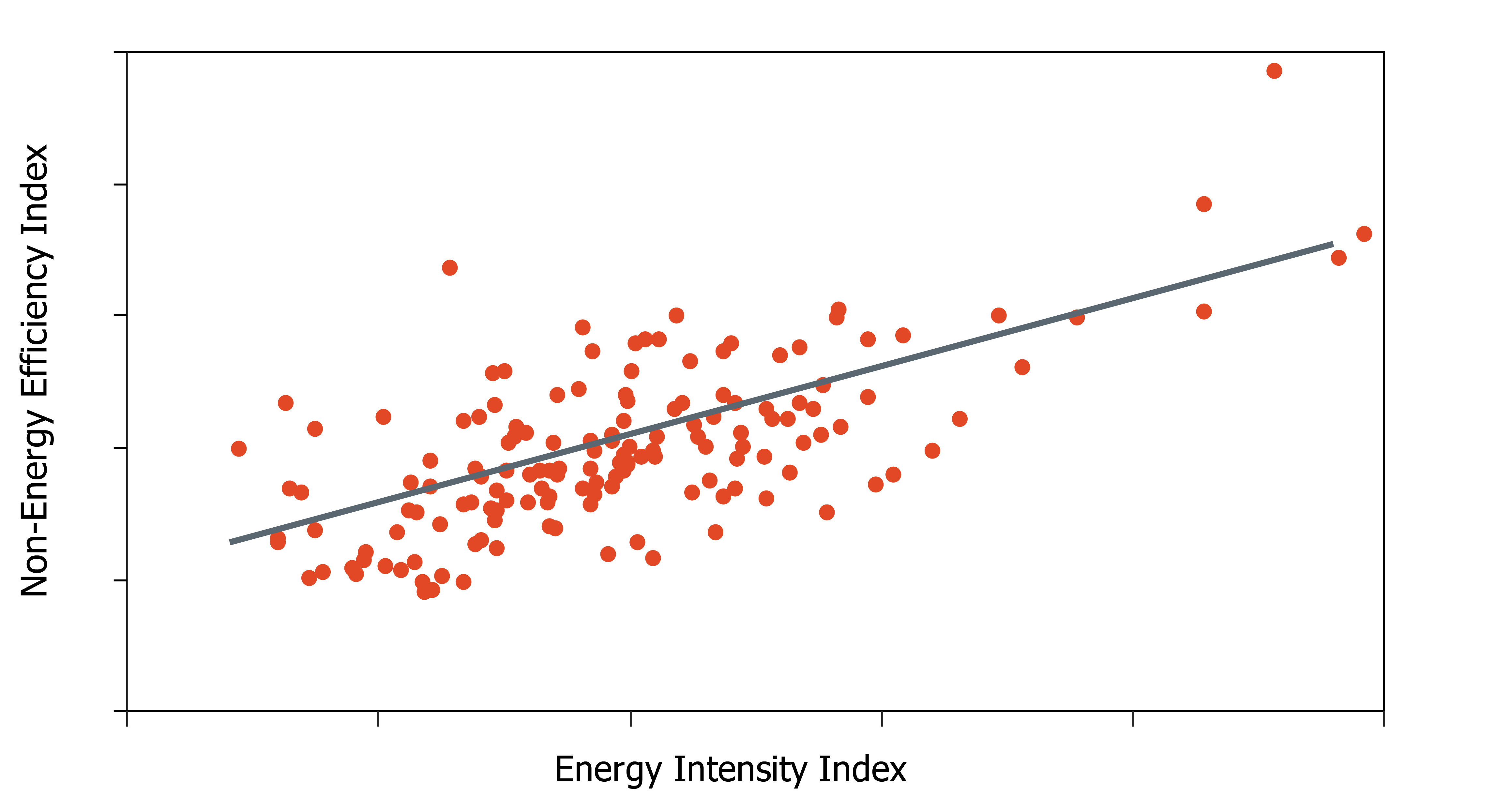
The primary source of energy consumption in fired heaters is fuel combustion. The amount of fuel consumed directly correlates with the heat output required to sustain the desired process temperatures. Factors influencing fuel consumption include the type of fuel used, heater design, operating conditions, and process requirements. Optimizing fuel consumption is crucial for enhancing energy efficiency and minimizing operational costs.
Efficient heat transfer is essential for maximizing the energy efficiency of fired heaters. However, heat losses occur through various mechanisms such as radiation, convection, and incomplete combustion. Insufficient insulation, poor burner design, and inadequate combustion control contribute to heat losses, reducing overall heater efficiency. Implementing insulation upgrades, optimizing burner configurations, and enhancing combustion control systems can mitigate heat losses and improve energy utilization.
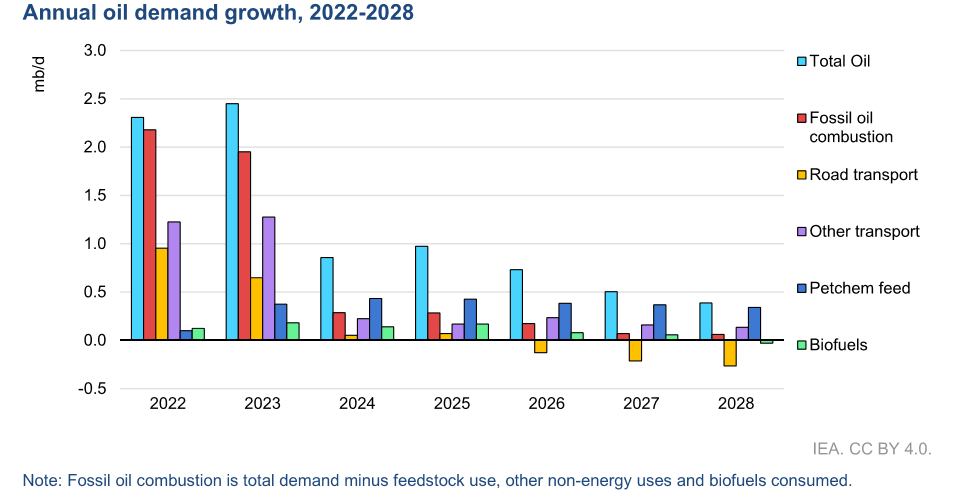
Capturing and utilizing waste heat from fired heaters present opportunities for energy recovery and optimization. Waste heat recovery systems such as economizers, air preheaters, and heat exchangers can extract heat from flue gases and transfer it to incoming process streams or auxiliary systems. By harnessing waste heat, refineries can reduce fuel consumption, lower emissions, and enhance overall energy efficiency.
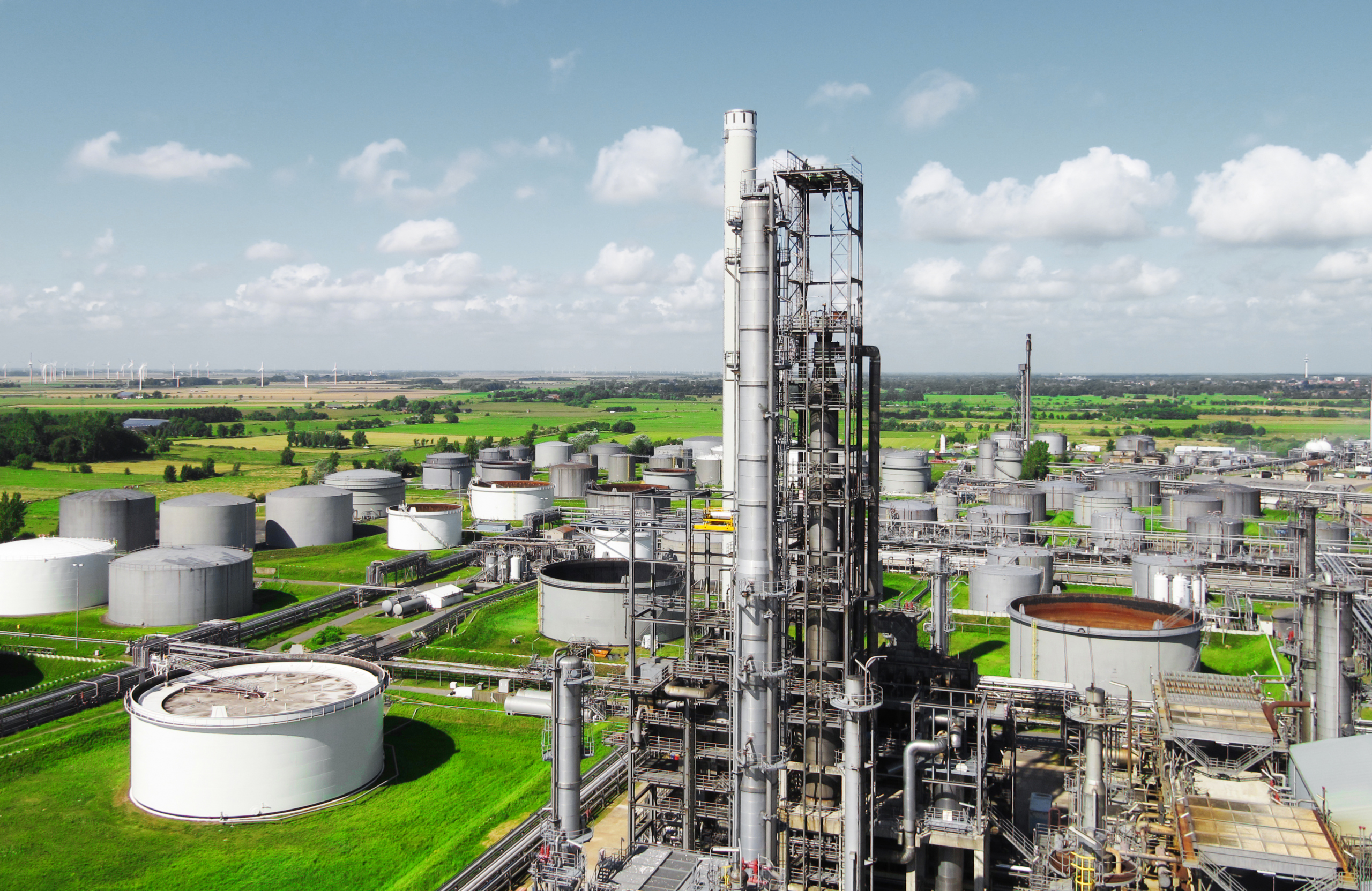
Fired Heaters play a vital role in Energy efficiency for Refineries
The dynamic nature of refinery operations poses challenges in managing energy usage effectively. Fluctuations in feedstock composition, product demand, and process conditions impact the performance of fired heaters and their energy requirements. Achieving optimal energy management amidst operational variability necessitates robust monitoring, control, and optimization strategies.
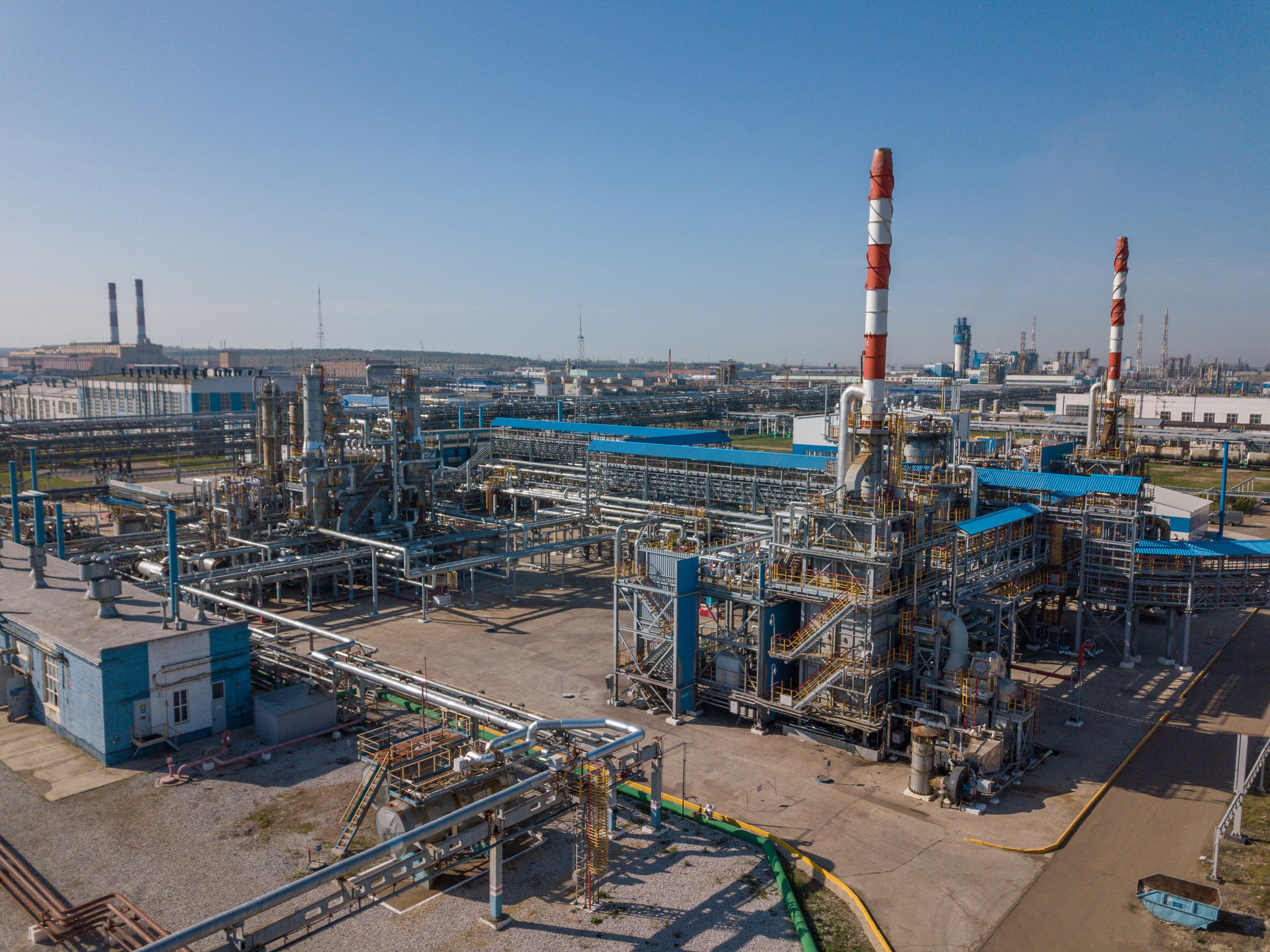
Fired Heater Energy Management
Stringent environmental regulations and emissions standards impose constraints on the energy usage of fired heaters within refineries. Compliance with emission limits necessitates the adoption of cleaner combustion technologies, emission control measures, and energy-efficient practices. Balancing regulatory compliance with operational efficiency presents a complex challenge for refinery operators.
Many refineries operate with aging fired heater assets, characterized by outdated equipment, deteriorating components, and suboptimal performance. Aging infrastructure poses challenges in achieving energy efficiency targets, as older units may lack modern energy-saving features and suffer from increased maintenance requirements. Retrofitting or replacing outdated fired heaters with advanced, energy-efficient technologies is essential for overcoming this challenge.
Adopting advanced combustion technologies such as low-NOx burners, staged combustion, and flue gas recirculation can enhance the energy efficiency of fired heaters while minimizing emissions. These technologies promote more efficient fuel utilization, improved heat transfer, and reduced environmental impact.
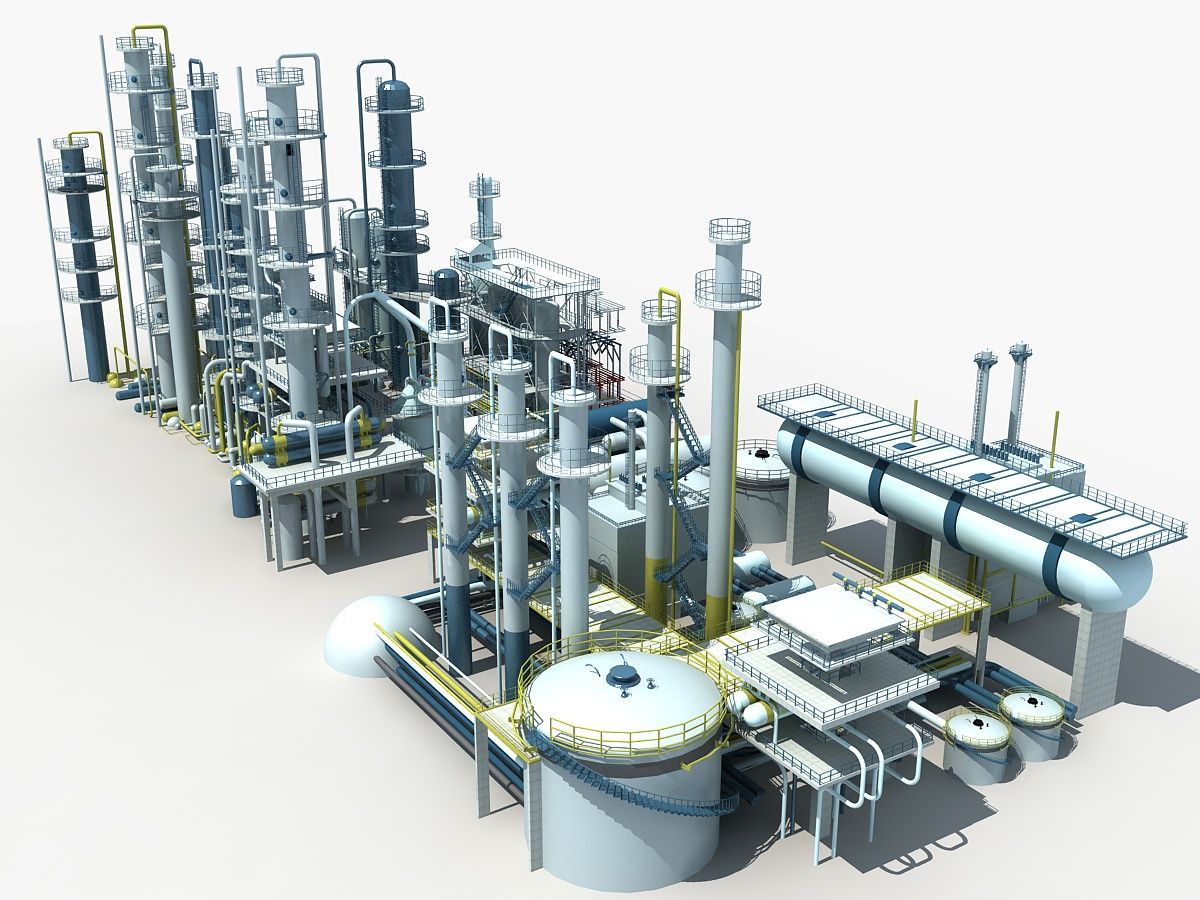
Image title
Integrating fired heater systems with other refinery processes through heat integration and process optimization strategies offers opportunities for energy savings. Heat integration techniques such as pinch analysis, heat cascading, and process stream optimization enable the efficient utilization of heat streams and minimize energy losses.
Harnessing digitalization and automation technologies allows refineries to optimize fired heater operations in real-time. Advanced control systems, predictive analytics, and machine learning algorithms enable proactive monitoring, predictive maintenance, and adaptive control strategies, thereby maximizing energy efficiency and operational performance.

Digitalization in Refinery Operations
Fired heaters are integral to the refining industry, providing the high temperatures required for essential processes. However, optimizing the energy usage of fired heaters within refineries is paramount for achieving sustainability, cost-effectiveness, and regulatory compliance. By addressing challenges such as fuel consumption, heat losses, operational variability, and aging infrastructure, refineries can implement solutions to enhance energy efficiency and mitigate environmental impact. Through the adoption of advanced technologies, process integration strategies, and digitalization initiatives, refineries can pave the way towards a more energy-efficient and sustainable future.